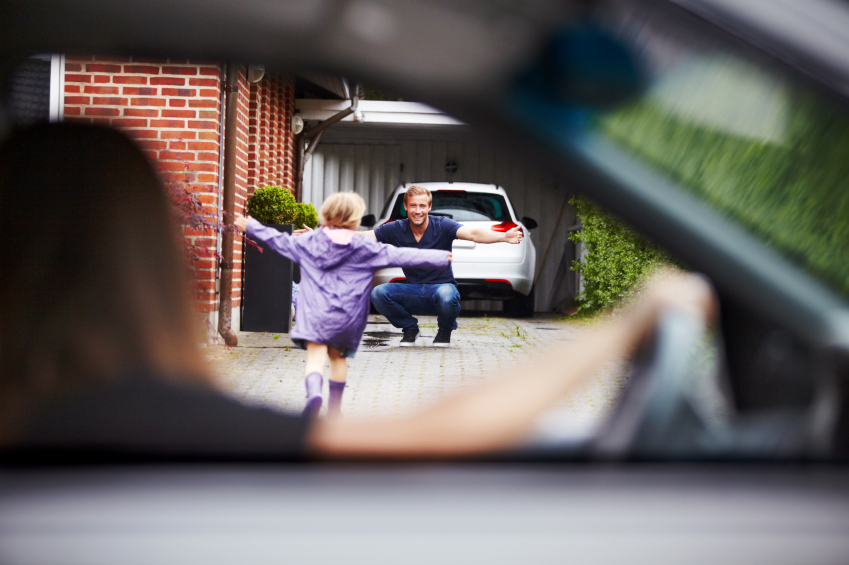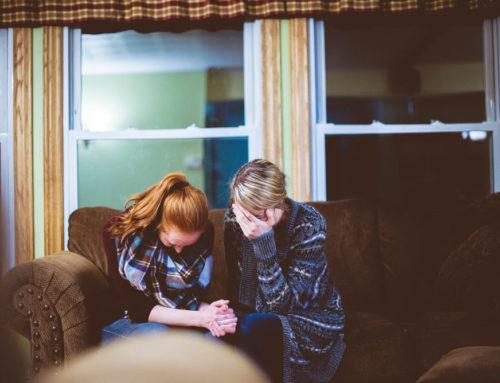When I meet with divorcing parents, they often talk about how guilty they feel about putting their kids through divorce. They worry about the impact of that the divorce will have on these kids and how unfair it is that their kids will suffer for the actions of their parents.
While these feelings are understandable and show empathy, I encourage parents to try and forgive themselves and move past their guilt. While divorce can be hard for kids, it can also be a better solution for them compared to their parents staying together when there is a lot of conflict or tension in the home.
How Guilt Can Undermine Your Divorce
Guilt is a powerful emotion and it can overtake our better reasoning skills. When parents allow guilt to drive their decision-making, it can undermine their parenting. I often see guilty parents making short-term decisions that undermine the longer-term development of their kids. This can take shape in parents trying to buy happiness or letting misbehavior slide.
If you feel your divorce is ruining your child’s life, it is hard then to do the hard work of parenting, which involves setting limits and enforcing consequences. However, without limits and consequences, kids’ behavior tends to get out of control and in the long run, that harms your child. Similarly, if you try to have extravagant experiences or buy expensive gifts to assuage your guilt, your child is likely to become more materialistic, which is linked with less happiness over the long term.
How Divorce Can be Good for Kids
Most parents that I work with reach divorce as a last resort. They have tried to work through their problems but find themselves in a cycle of lack of communication and connection and/or consistent fighting and tension.
In these types of environments, kids can sense the stress and it impacts them. Studies have shown that children living in high conflict homes have worse outcomes than kids of divorce across a range of emotional, behavioral and academic measures. These kids often feel a sense of relief when their parents divorce because the fighting and the tension ends—assuming that the parents can cease their hostilities post-divorce.
That last point is an important one. Kids living in an unhappy household can have better lives post-divorce, as the main sources of that unhappiness—their unhappy parents—are separated. However, it’s important that these parents move past their issues and develop a respectful and healthy co-parenting relationship.
If kids can see their parents work together and parent respectfully and responsibly, it can let them understand how the divorce was the right decision for their family and help them move forward.
I encourage you to let go of the guilt that comes with divorce. Remember why you made the difficult decision you did and have empathy for your struggles. When you can operate from a solid sense of self, you will be able to get back to the hard and rewarding work of parenting and then everyone benefits.






